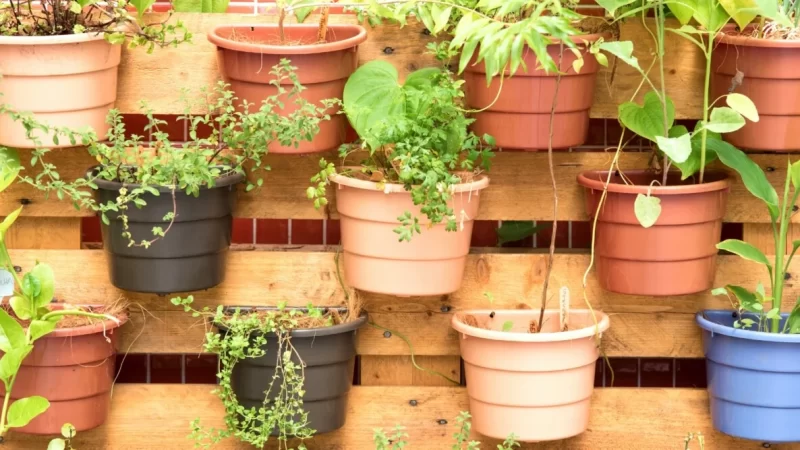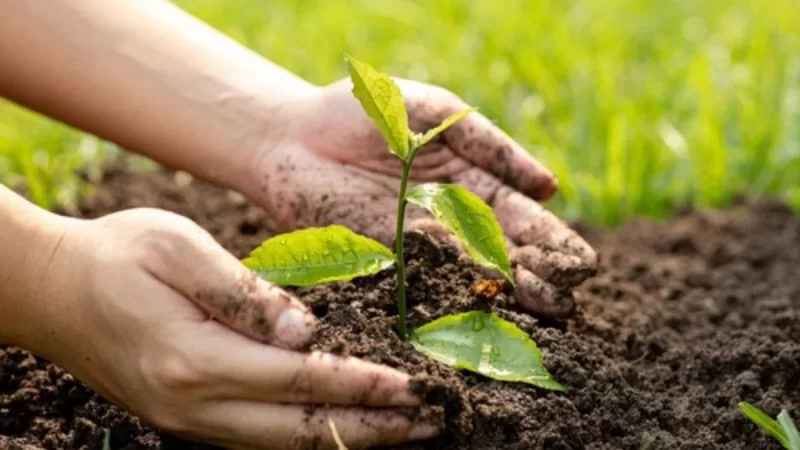The Benefits of Container Gardening

Container gardens provide an easy solution for children or people with limited mobility to tend, with plants easily moving between sunny or shaded locations throughout the day.
Watering containers must be done regularly — in hot summer weather this may mean multiple times daily. A general guideline suggests watering when soil dries 1 inch below its surface.
Easy to Maintain
Container gardens can be easily maintained with regular watering and nutrition. Drainage must also be considered since container soil dries out more quickly than garden soil. Make sure to test the moisture of the top inch using your finger to gauge soil moisture levels regularly during heatwaves and droughts.
Utilizing a high-quality potting mix designed specifically for containers can ensure that plant roots receive adequate nutrition and drainage, as well as time-release fertilizers built right in.
Container gardens make providing appropriate sunlight much simpler, as you can move them around to meet the sun or shade needs of different plants. There’s also less risk of weed growth with such limited surface area; so to maintain the look and integrity of your potted displays, prune and groom regularly by removing spent flowers or damaged leaves.
Easy to Move
All plants require light, water and some kind of substrate in which to root themselves in order to thrive. A container garden provides the perfect controlled environment to meet these needs – it allows easier relocation or rearrangement as required.
Container gardening can be an ideal solution for individuals with limited outdoor space or mobility issues who live in apartments. Furthermore, its portability allows it to bring fresh herbs and greenery directly into spaces like kitchen window ledges or front steps that might otherwise go neglected or unmaintained.
Containers come in all kinds of materials – wood, metal, terra cotta and plastic are among the many. Their shapes vary, from round pots or hanging baskets to urns or hollowed out stumps – with decorative feet or stands keeping them off the floor to prevent top-heaviness which reduces their likelihood of toppling over in strong winds.
Attractive to Eyes
Containers filled with flowers, herbs, vegetables and shrubs are an attractive way to bring beauty and visual interest to any backyard. While almost any plant can grow in containers – including hardy perennials like hostas and daylilies – many annual varieties like tulips, petunias and marigolds thrive as well.
Selecting decorative pots and filling them with flowers of complementary colors helps your garden to be eye-catching. Decorative rocks or mulch help prevent weeds and maintain soil moisture levels; while wood chips or straw mulching reduces the need for frequent irrigation.
Use lightweight materials as container bottoms – such as glazed, plastic or metal containers which tend to retain more moisture compared to their terra-cotta counterparts; Terra cotta pots tend to dry out quickly while their counterparts glazed, plastic and metal keep more soil damp for longer. Protect container plants from direct winds in order to slow the rate at which soil dries out – this also keeps them from becoming top-heavy as their plants mature into bigger pots! Lastly, place containers in an out of sight location out of direct wind in order to slow soil drying out too rapidly while protecting soil dries out too quickly compared with its counterparts.
Easy to Clean
Some people do not have yards that are suitable for gardening, making container gardens an effective solution. Container gardens also make gardening accessible for seniors or mobility-impaired gardeners.
Regular pruning and deadheading helps plants look their best while stimulating new growth. Because containers are smaller, pest and disease problems are less prevalent.
Container gardens depend on using well-draining potting mixes and watering them properly, as overwatering robs roots of oxygen, leading to root rot and undermining the health of an entire planting. Ideally, water should only be applied early morning when the top inch of soil feels dry – otherwise you risk depriving roots of essential nutrition that leads to root rot.
Container gardening offers another advantage over gardens: It is less likely to become infested with fungal diseases like blight that spread quickly across plants when their spores come in contact with moisture.







